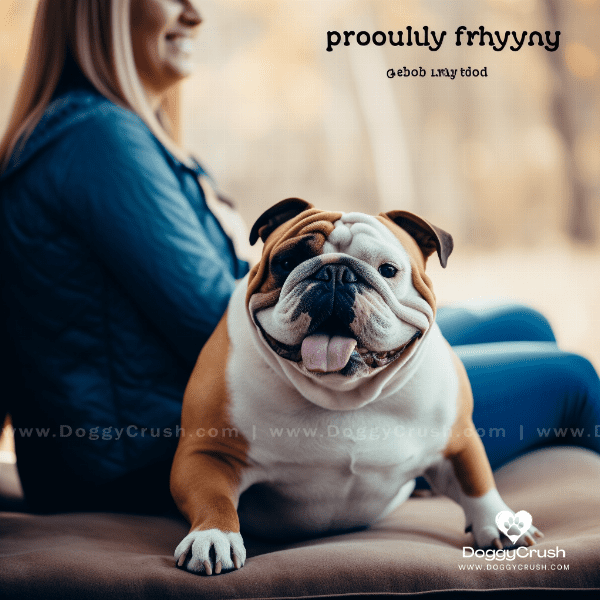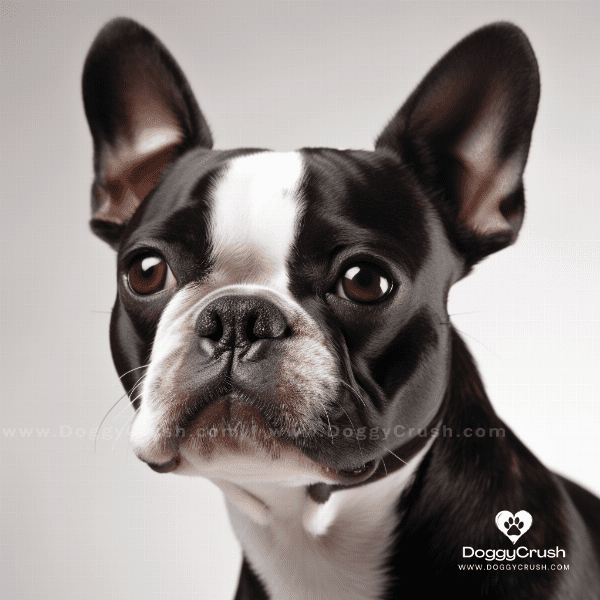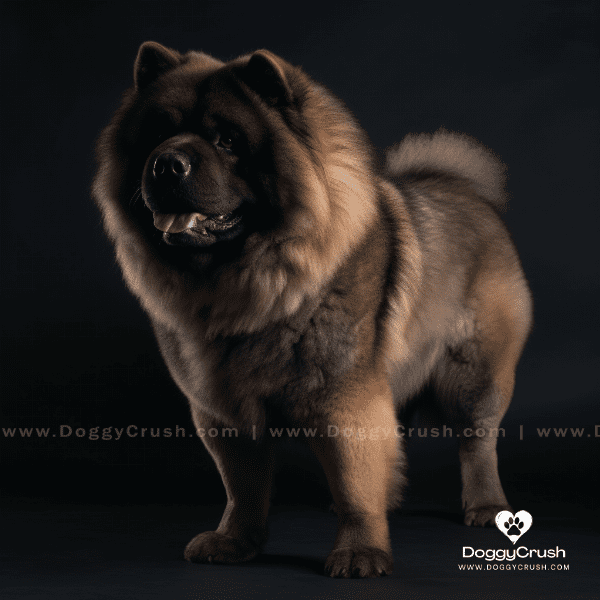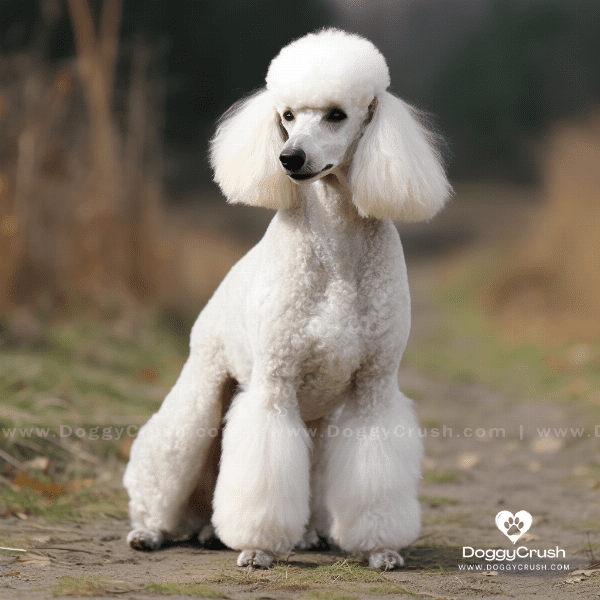Table of Contents
- History of the Bulldog Dog Breed
- Characteristics and Appearance of Bulldogs
- Temperament and Personality of Bulldogs
- Caring for Your Bulldog: Diet and Exercise Needs
- Grooming Your Bulldog: Coat Care and Maintenance
- Health Concerns Common to the Bulldog Breed
- Training Your Bulldog: Tips and Techniques
- Socializing Your Bulldog: Interaction with Humans and Other Dogs
- Bulldog Rescue and Adoption: How You Can Help
- Conclusion: Why Bulldogs Make Great Companions.
History of the Bulldog Dog Breed
The history of the Bulldog breed dates back to the 16th century when the Bulldog was developed in England for bull-baiting. These early Bulldogs were fierce and aggressive, bred specifically for their strength, courage, and tenacity.
Origin of the Bulldog Name
The term “Bulldog” is believed to have originated from the dog’s role in bull-baiting, which involved the dog biting and holding onto the bull’s nose until the bull submitted. The term “Bull” refers to the animal being baited, and “Dog” to the breed used in the activity.
Evolution of the Bulldog
Over time, as bull-baiting became illegal, the Bulldog was selectively bred for a more docile temperament and a more compact, muscular body. This evolution of the breed was necessary for the Bulldog to transition from a fighting dog to a companion animal.
Popularity of the Bulldog
By the mid-1800s, the Bulldog had gained popularity not only in England but also in the United States. The breed’s popularity was further increased when it became the mascot for many universities and sports teams, including Yale University and the United States Marine Corps.
Modern-Day Bulldogs
Today’s Bulldogs still retain their distinctive physical traits, such as their wrinkled faces and stocky bodies. However, they have been further bred for their calm and friendly temperament, making them excellent family pets.
Conclusion
In conclusion, the Bulldog breed has a rich history that spans several centuries. From their origins as fierce fighting dogs to their current role as beloved family pets, Bulldogs have played an important role in human history.
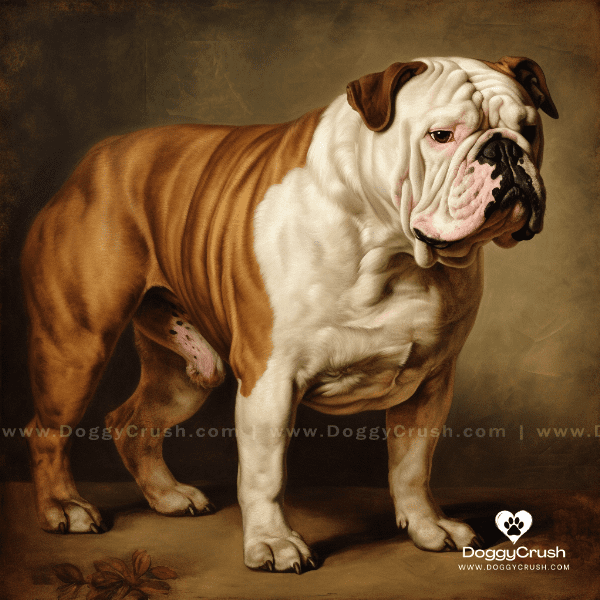
Characteristics and Appearance of Bulldogs
The Bulldog breed is known for its distinctive physical features and charming personality. Here are some key characteristics and appearance traits of Bulldogs.
Physical Features
Bulldogs are a medium-sized breed, with males typically weighing between 50 and 55 pounds, and females weighing between 40 and 50 pounds. They have a short, smooth coat that comes in a variety of colors, including white, fawn, and brindle.
One of the most recognizable features of Bulldogs is their wrinkled faces. These wrinkles are more pronounced on some Bulldogs than on others, but they are always present to some degree. Bulldogs also have a distinctive underbite, which means their lower jaw protrudes beyond their upper jaw.
Temperament and Personality
Despite their sometimes-intimidating appearance, Bulldogs are known for their calm and friendly temperament. They are affectionate and loyal to their families, and they love nothing more than spending time with their humans.
Bulldogs are also known for being good with children and other pets. They are patient and gentle with kids, and they get along well with other dogs and even cats.
Exercise and Activity Level
Bulldogs are not known for being particularly active or energetic. They do require daily exercise, but they are generally content with short walks and play sessions. Bulldogs should not be over-exercised or allowed to overheat, as they are prone to breathing difficulties.
Conclusion
In conclusion, Bulldogs are a unique and beloved breed with many distinctive physical features and personality traits. They are loyal and affectionate companions, and their calm and friendly demeanor make them great family pets. However, it’s important to keep their exercise needs and health concerns in mind when considering a Bulldog as a pet.
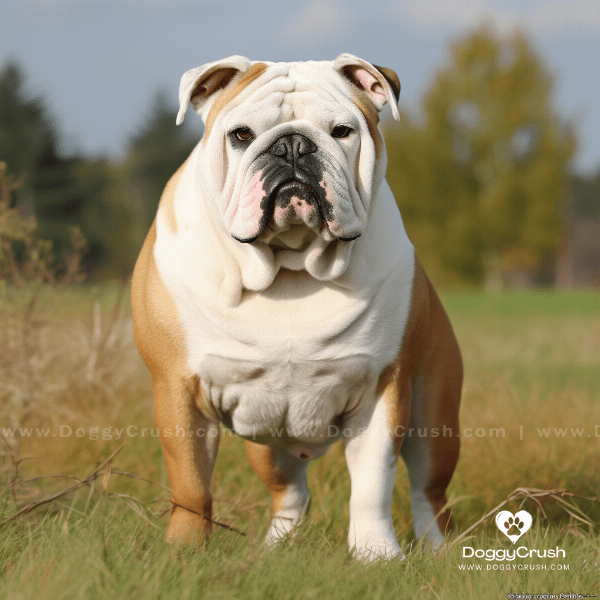
Temperament and Personality of Bulldogs
Bulldogs have a reputation for being calm and friendly, and they are known for their loyalty and affection towards their families. Here are some key aspects of the Bulldog’s temperament and personality.
Affectionate and Loyal
Bulldogs are known for being devoted to their families. They are affectionate and love to cuddle, and they thrive on attention and affection from their humans. Bulldogs are also very loyal and protective of their families, and they will do whatever it takes to keep their loved ones safe.
Stubborn and Independent
Bulldogs are independent thinkers and can be quite stubborn at times. They have a mind of their own and may not always follow commands or instructions. However, with patience and positive reinforcement training, Bulldogs can learn to be obedient and well-behaved.
Good with Children and Other Pets
Bulldogs are known for being good with children and other pets. They are patient and gentle with kids, and they get along well with other dogs and even cats. However, as with any dog, it’s important to supervise interactions between Bulldogs and children or other animals to ensure everyone stays safe.
Calm and Relaxed
Bulldogs are not known for being particularly active or energetic. They prefer to relax and take things easy, and they are content with short walks and play sessions. Bulldogs are great for people who want a companion that doesn’t require a lot of exercise or outdoor activities.
Conclusion
In conclusion, Bulldogs have a unique and charming personality that makes them popular with many people. They are affectionate and loyal companions, good with children and other pets, and are generally calm and relaxed. However, potential owners should be aware of their stubbornness and be prepared to provide them with the attention, training, and exercise they need to thrive.
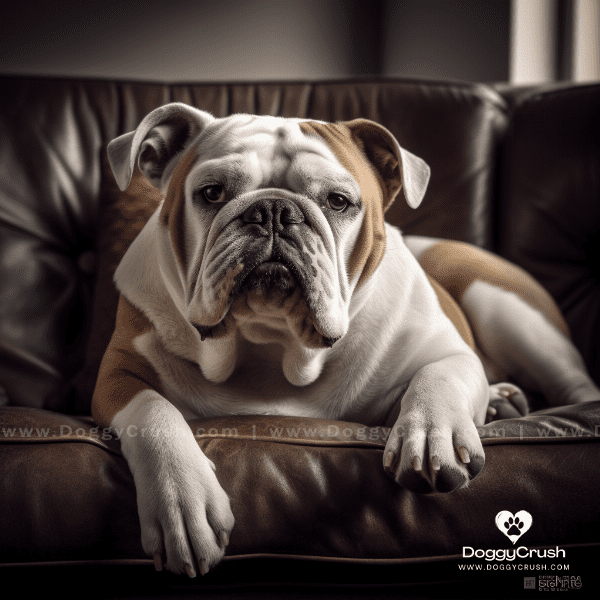
Caring for Your Bulldog: Diet and Exercise Needs
Bulldogs have unique dietary and exercise needs that owners should be aware of in order to keep their pets healthy and happy. Here are some key aspects of Bulldog care.
Feeding Your Bulldog
Bulldogs have a tendency to gain weight, so it’s important to feed them a balanced and nutritious diet that is appropriate for their age, size, and activity level. Bulldogs should be fed a high-quality dog food that is free from artificial additives and preservatives. It’s also important to monitor their food intake and avoid overfeeding.
Exercise Needs
Bulldogs are not particularly active or energetic, but they still require daily exercise to maintain their health and well-being. Short walks and play sessions are usually sufficient to meet their exercise needs. However, it’s important to avoid over-exercising Bulldogs or exposing them to hot temperatures, as they are prone to breathing difficulties.
Grooming Your Bulldog
Bulldogs have a short, smooth coat that requires minimal grooming. However, they do shed, so regular brushing can help keep their coat looking shiny and healthy. Bulldogs also have wrinkles on their face and body that require cleaning to prevent infection and odor.
Health Concerns
Bulldogs are prone to certain health issues, such as hip dysplasia, respiratory problems, and skin allergies. It’s important to schedule regular veterinary check-ups and address any health issues promptly to ensure your Bulldog remains healthy.
Conclusion
In conclusion, caring for a Bulldog requires attention to their dietary and exercise needs, as well as regular grooming and veterinary care. With proper care and attention, Bulldogs can live long and healthy lives.
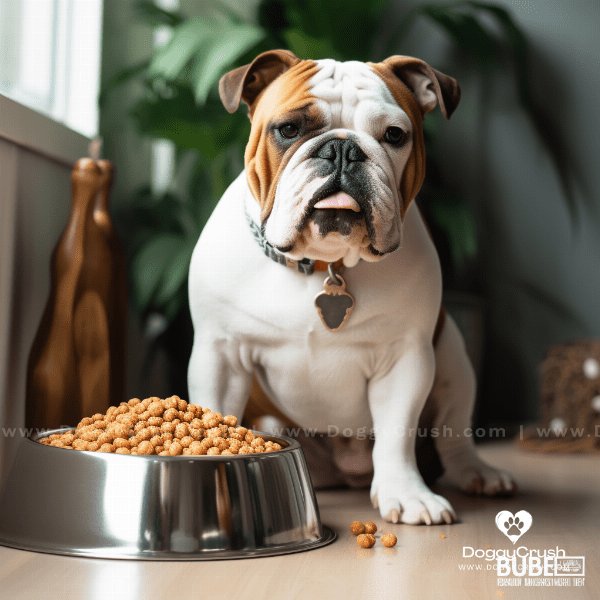
Grooming Your Bulldog: Coat Care and Maintenance
Bulldogs have a short, smooth coat that requires minimal grooming. However, there are still some important steps that owners should take to maintain their Bulldog’s coat and keep their pet looking and feeling their best.
Brushing
Bulldogs do shed, so regular brushing can help remove loose fur and keep their coat looking shiny and healthy. A soft-bristled brush or rubber grooming tool is usually sufficient for Bulldogs.
Bathing
Bulldogs don’t require frequent bathing, but they should be bathed occasionally to keep their coat clean and free from dirt and odors. Use a mild dog shampoo and rinse thoroughly to avoid leaving any residue on their skin.
Wrinkle Care
Bulldogs have wrinkles on their face and body that require cleaning to prevent infection and odor. Use a damp cloth or baby wipe to gently clean the wrinkles, being careful not to irritate the skin.
Nail Trimming
Bulldogs’ nails should be trimmed regularly to prevent them from becoming too long and causing discomfort or injury. Use a sharp nail trimmer and be careful not to cut the quick, which is the sensitive area inside the nail.
Dental Care
Bulldogs are prone to dental problems, so it’s important to clean their teeth regularly. Use a soft-bristled toothbrush and canine toothpaste to gently clean their teeth and gums.
Conclusion
In conclusion, grooming a Bulldog is relatively simple, but it’s still important to take care of their coat, wrinkles, nails, and teeth to keep them healthy and happy. Regular grooming can also help strengthen the bond between owners and their pets.
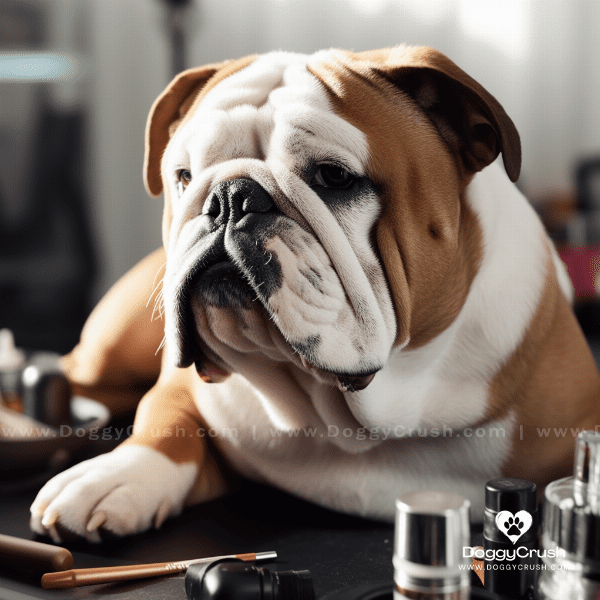
Health Concerns Common to the Bulldog Breed
Bulldogs are prone to certain health issues that potential owners should be aware of before bringing a Bulldog home. Here are some of the most common health concerns for Bulldogs.
Breathing Difficulties
Bulldogs have a short snout and flat face, which can lead to breathing difficulties. They are prone to a condition called Brachycephalic Obstructive Airway Syndrome (BOAS), which can cause snoring, coughing, and difficulty breathing. It’s important to keep Bulldogs cool and avoid over-exerting them to prevent breathing difficulties.
Hip Dysplasia
Hip dysplasia is a genetic condition that affects many Dog breeds, including Bulldogs. It’s a condition where the hip joint doesn’t form correctly, which can lead to arthritis and pain. Regular veterinary check-ups and proper exercise can help prevent and manage hip dysplasia.
Skin Allergies
Bulldogs are prone to skin allergies, which can cause itching, redness, and inflammation. Allergies can be caused by a variety of factors, including food, pollen, and flea bites. Regular grooming, use of hypoallergenic products, and veterinary care can help manage skin allergies.
Eye Problems
Bulldogs are prone to a variety of eye problems, including cherry eye, entropion, and cataracts. These conditions can cause discomfort and vision problems if left untreated. Regular veterinary check-ups and proper eye care can help prevent and manage these conditions.
Conclusion
In conclusion, Bulldogs are prone to certain health issues that owners should be aware of before bringing a Bulldog home. However, with proper care and attention, many of these health concerns can be managed or prevented altogether. Regular veterinary check-ups, proper exercise, and good grooming habits can help keep Bulldogs healthy and happy.
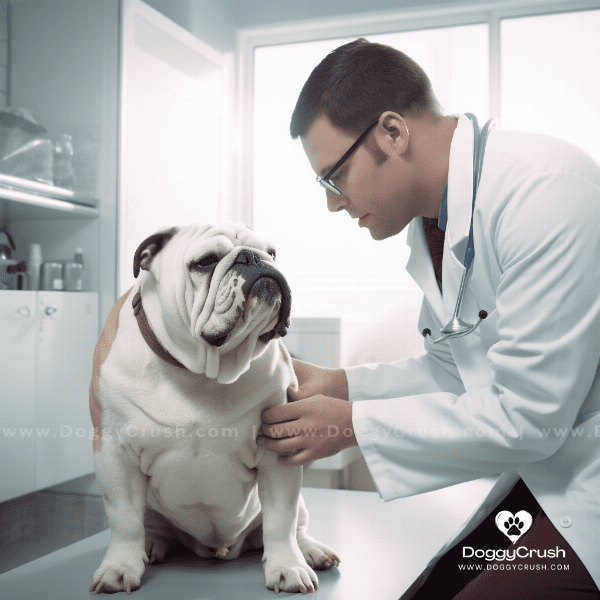
Training Your Bulldog: Tips and Techniques
Bulldogs are known for being independent and stubborn, but with the right training techniques, they can learn to be well-behaved and obedient companions. Here are some tips for training your Bulldog.
Use Positive Reinforcement
Bulldogs respond well to positive reinforcement training techniques, such as treats, praise, and play. Use rewards to encourage good behavior and ignore or redirect bad behavior.
Be Consistent
Consistency is key when it comes to training Bulldogs. Use the same commands and cues every time, and make sure all family members are on the same page with training techniques.
Socialization
Socialization is important for all dogs, but it’s especially important for Bulldogs. Bulldogs can be prone to anxiety and aggression if they are not properly socialized. Introduce your Bulldog to a variety of people and other dogs to help them become well-adjusted and social.
Keep Training Sessions Short
Bulldogs have a short attention span, so it’s important to keep training sessions short and focused. Ten to fifteen-minute sessions a few times a day are usually sufficient for training your Bulldog.
Conclusion
In conclusion, training your Bulldog takes patience, consistency, and positive reinforcement techniques. With proper training and socialization, Bulldogs can become well-behaved and obedient companions. Starting training early and keeping sessions short and focused can help ensure success.
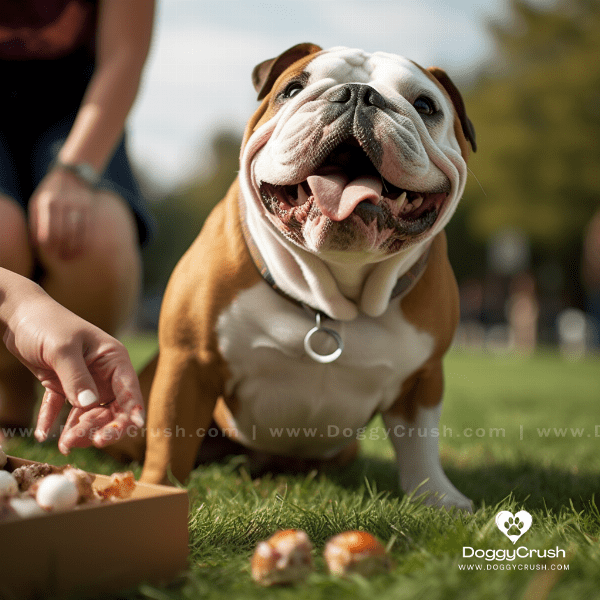
Socializing Your Bulldog: Interaction with Humans and Other Dogs
Socialization is an important part of Bulldog care, and it can help prevent anxiety, aggression, and other behavioral problems. Here are some tips for socializing your Bulldog with humans and other dogs.
Start Early
It’s important to start socializing your Bulldog as early as possible. Puppies are more receptive to new experiences and are easier to socialize than older dogs.
Introduce Your Bulldog to a Variety of People
Introduce your Bulldog to a variety of people, including children, adults, and elderly individuals. This will help your Bulldog become comfortable around different types of people.
Encourage Positive Interactions
Encourage positive interactions with humans by rewarding good behavior and ignoring or redirecting bad behavior. Teach your Bulldog to sit and stay when greeting people, and avoid letting them jump up on people.
Introduce Your Bulldog to Other Dogs
Introduce your Bulldog to other dogs gradually and in a controlled environment. Start with one dog at a time and gradually increase the number of dogs. Watch for signs of aggression or anxiety and intervene if necessary.
Attend Puppy Classes
Puppy classes can be a great way to socialize your Bulldog and teach them basic obedience commands. Look for classes that use positive reinforcement training techniques and focus on socialization.
Conclusion
In conclusion, socializing your Bulldog is an important part of their care and can help prevent behavioral problems. Starting early, introducing your Bulldog to a variety of people and other dogs, and encouraging positive interactions are key to successful socialization. Puppy classes can also be a great way to socialize your Bulldog and teach them basic obedience commands.
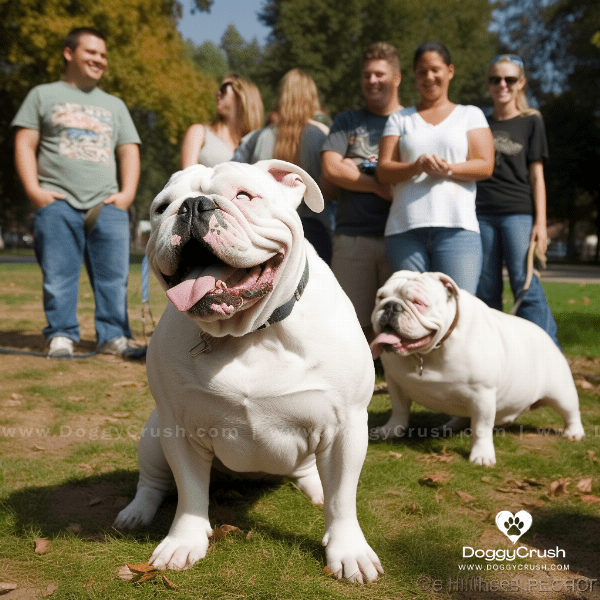
Bulldog Rescue and Adoption: How You Can Help
Bulldogs are a popular breed, but unfortunately, many end up in shelters or rescue organizations due to a variety of reasons. If you’re interested in helping Bulldogs in need, here are some ways you can get involved.
Adopt a Bulldog
One of the best ways to help Bulldogs is by adopting one from a shelter or rescue organization. Adopting a Bulldog can provide them with a loving home and a second chance at life.
Foster a Bulldog
Fostering a Bulldog can also be a great way to help. Fostering involves providing a temporary home for a Bulldog until they can be adopted. This can help ease the burden on overcrowded shelters and give Bulldogs a safe and loving environment while they wait for their forever home.
Volunteer at a Shelter or Rescue
Volunteering at a shelter or rescue organization is another way to help Bulldogs. You can help with everything from cleaning and feeding to socializing and training Bulldogs.
Donate to Bulldog Rescue Organizations
If you’re unable to adopt or foster a Bulldog, you can still help by donating to Bulldog rescue organizations. Your donations can help provide food, medical care, and other necessities for Bulldogs in need.
Spread the Word
Spreading the word about Bulldog rescue and adoption can also make a difference. Share information about available Bulldogs with friends and family, and use social media to spread the word about Bulldog rescue organizations and events.
Conclusion
In conclusion, there are many ways to help Bulldogs in need, including adoption, fostering, volunteering, donating, and spreading the word about rescue organizations. By getting involved, you can make a difference in the lives of Bulldogs and help ensure they find loving homes.
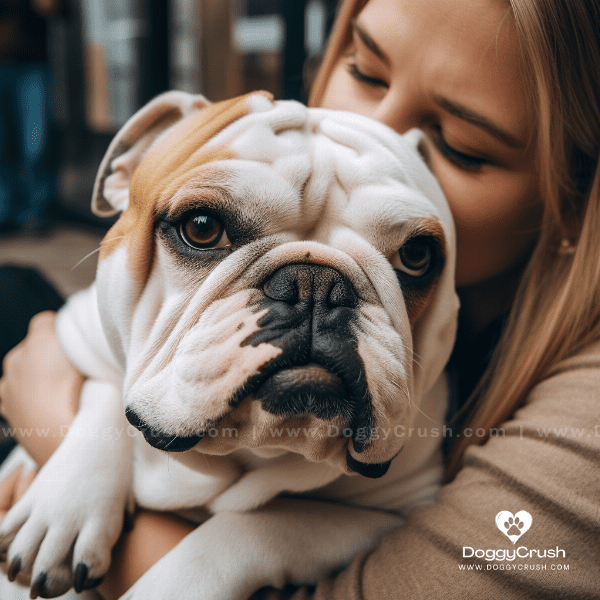
Conclusion: Why Bulldogs Make Great Companions.
Bulldogs are a unique and beloved breed, known for their distinct appearance and loyal personalities. Here are some reasons why Bulldogs make great companions.
Loving and Loyal
Bulldogs are known for their affectionate and loyal personalities. They form strong bonds with their owners and love to spend time with them.
Calm and Easygoing
Bulldogs are generally calm and easygoing, making them great companions for those who prefer a more laid-back lifestyle. They are content to lounge around the house or go for short walks, and they don’t require a lot of exercise.
Good with Children
Bulldogs are typically good with children, making them a great choice for families. They are patient and gentle, and they love to play with kids.
Unique Appearance
Bulldogs have a distinct appearance that is instantly recognizable. Their wrinkled faces, pushed-in noses, and stocky bodies make them a favorite among dog lovers.
Sense of Humor
Bulldogs have a unique sense of humor that can be endearing and entertaining. They love to make their owners laugh and are known for their quirky personalities.
Conclusion
In conclusion, Bulldogs make great companions due to their loving and loyal personalities, calm and easygoing nature, and unique appearance. They are great with children and have a sense of humor that is sure to bring a smile to your face. If you’re considering getting a Bulldog, be sure to do your research and find a reputable breeder or rescue organization. With proper care and attention, Bulldogs can make wonderful and beloved pets.
